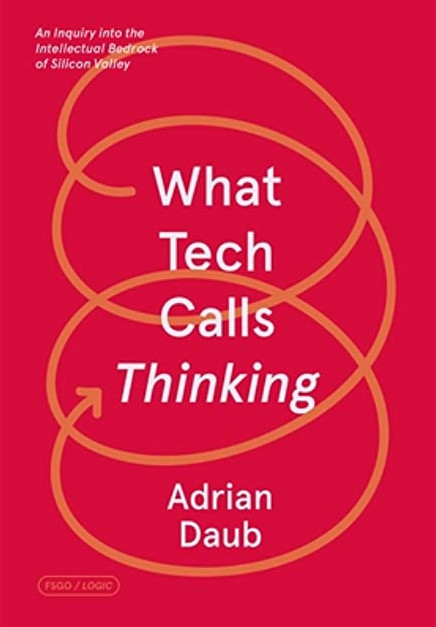
1/ This paper by @salome_viljoen_ is one of the best, and most substantial, pieces I know of on how to think of data politically.
papers.ssrn.com/sol3/papers.cf…
papers.ssrn.com/sol3/papers.cf…
2/ By now, many people are aware that the current model of nearly unchecked data extraction by large companies is terrible, for many reasons, not the least in terms of concentration of power and wealth. But what do about it?
3/ The critiques fall in two categories, “proprietarian” and “dignitarian”. The first group argues that we are under techno-feudalism where people are dependent and not paid for what is essentially theirs, either their own data or the work that does into producing data.
4/ The answer then is, more property rights. Everybody should have a right to their own data, which they can tell sell in the market and thus get paid for allowing others to use their property. Or, by way of a salary for their labor. Free labor thus becomes waged labor.
5/ The “dignitarians” see the problem as a flattening of the person through data, an encroachment on the sanctity of inner life, an erosion of free will, and a threat to individual self-determination. Their answer is to limit the collection of data, shore up privacy laws etc.
6/ What they have in commons is that they data as mediating a vertical relation, that between the data subject (‘the user’) and a company (‘data collector’) and propose ways to strengthen the former against the latter.
7/ Both are problematic, not the least because they conceive of data are pertaining primarily to individuals. But data is not primarily about individuals, even of its extracted from them. Rather data is always social, ie. it also has what she calls a 'horizontal' dimensions.
8/ For one, with the genetic data of a single person, one can identify the entire biological family without their knowledge or consent. Second, companies are constantly creating groups. Information about me, will affect everyone in the group, as they are treated as similar.
9/ Philosophically, one could say this is a long overdue recognition that we are not atomistic indvidiuals, but are constutiting each other through dynamic patterns of similarity and difference. A kind of 'ubuntu' view through data.
10/ This is not something we can navigate, negotiate, or consent to individually, but if we take the horizontal dimension of data at least as seriously as the vertical ones, we need other mechanism of governance.
11/ These need to consider that data practices are aimed at population level, not individual control. Governance needs to take place at the collective level, not just through individual rights. Data coops, data commons, but also public data are part of this type of governance.
• • •
Missing some Tweet in this thread? You can try to
force a refresh





